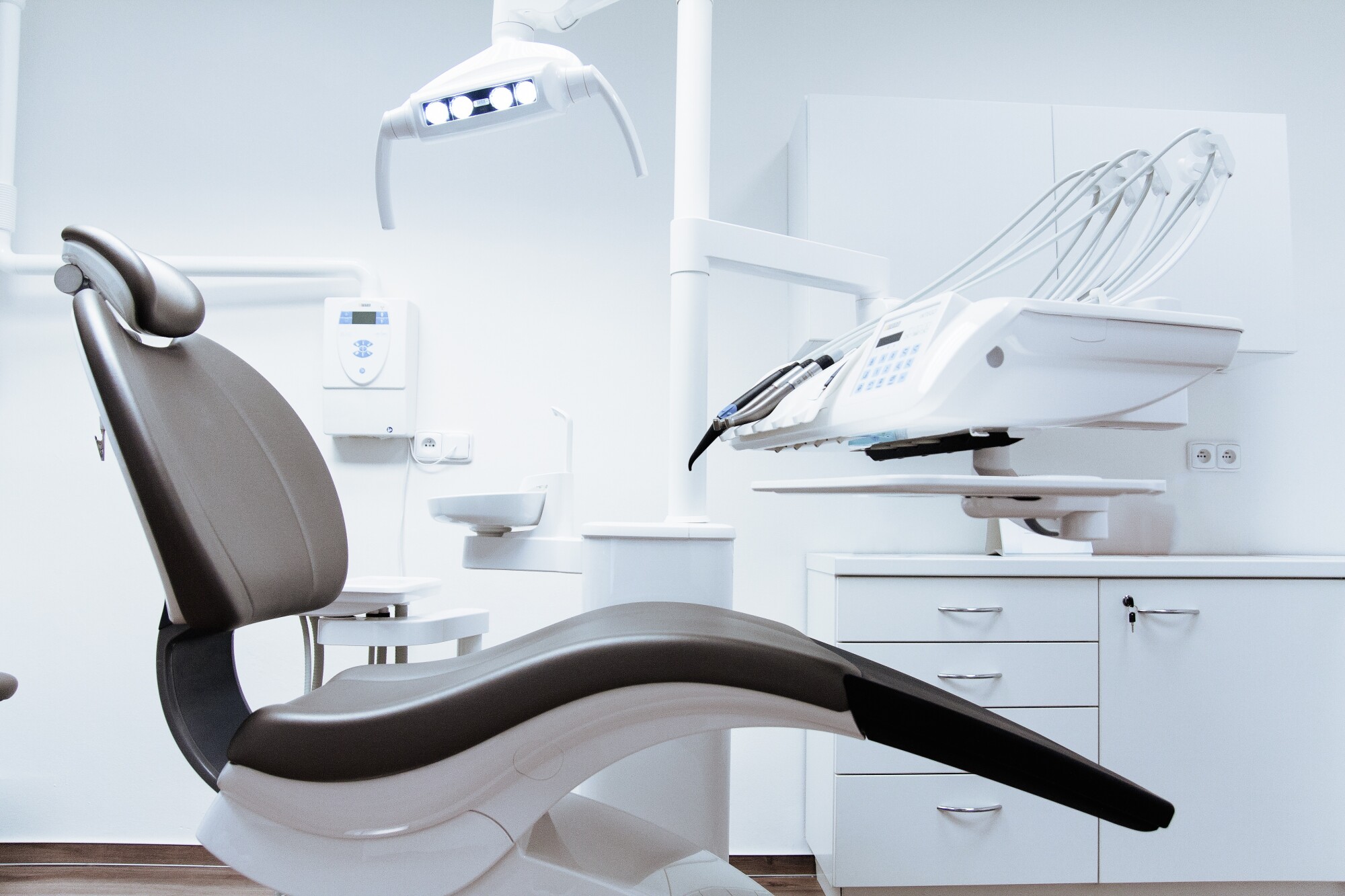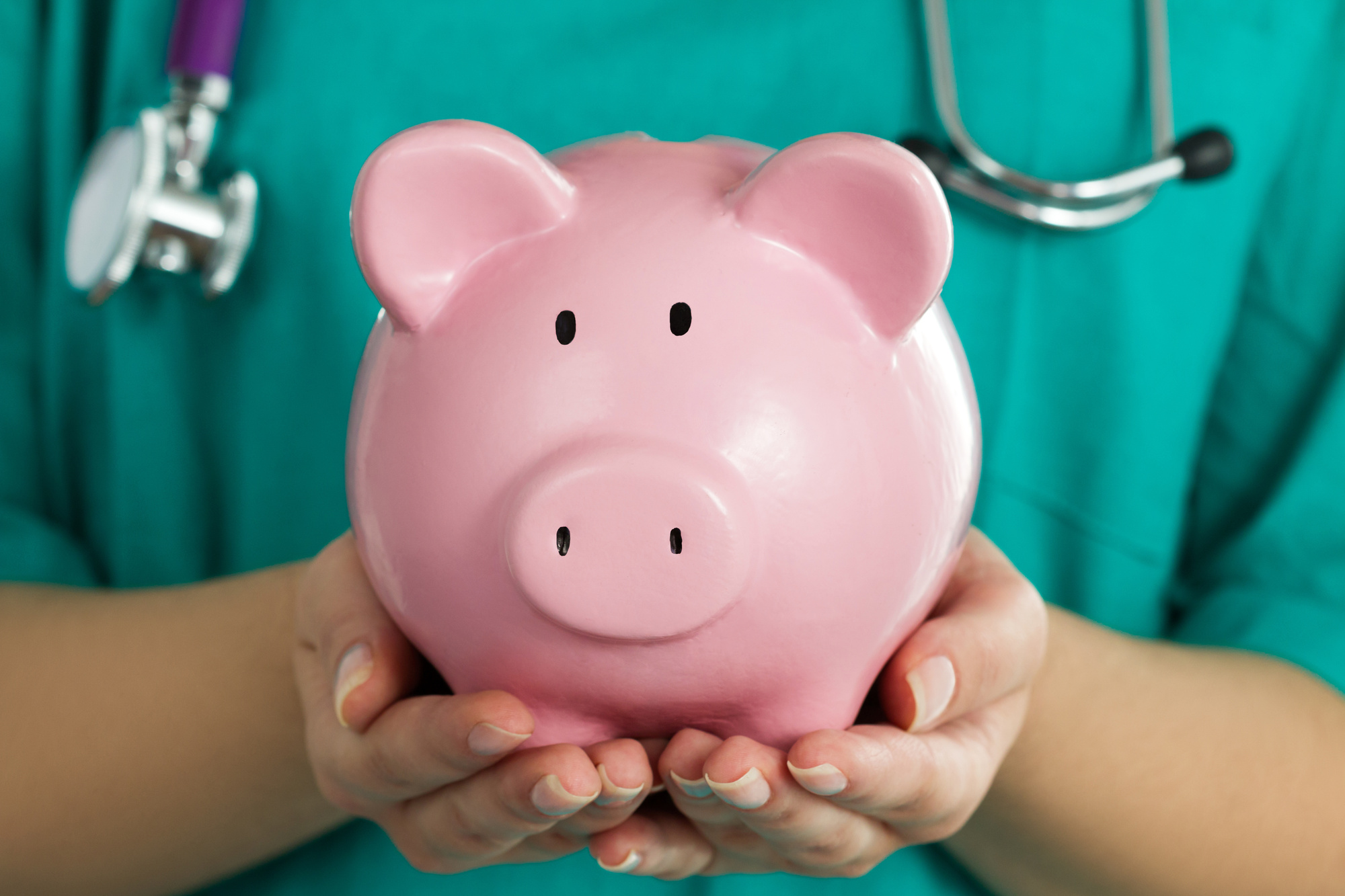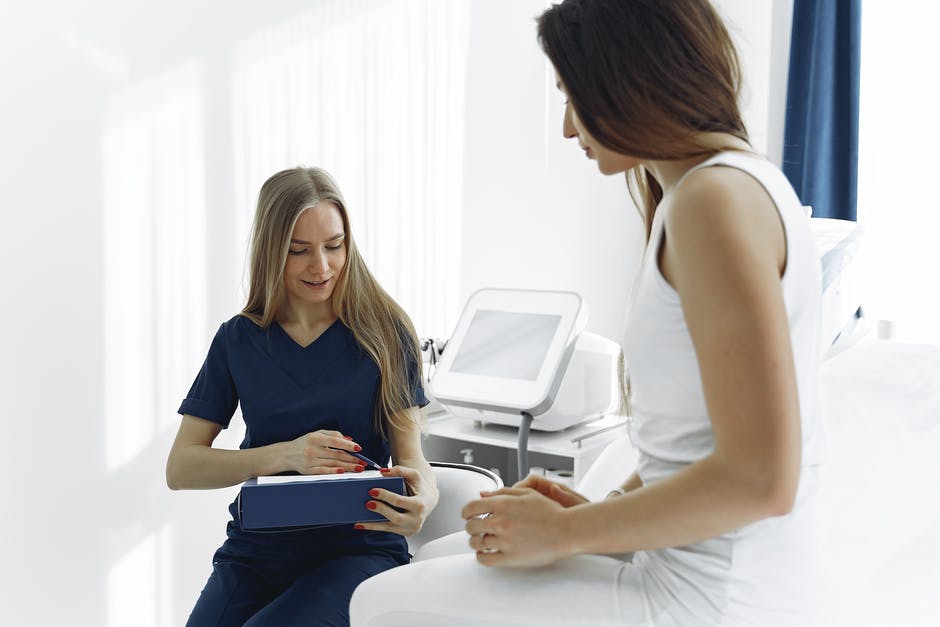10 Symptoms of a Hormonal Imbalance in Women

There’s more to hormones than just testosterone and estrogen. In fact, the human body makes 50+ different hormones, which act as signals that control the full spectrum of bodily functions.
When your hormones fall out of whack, you might experience a whole range of odd symptoms, many of which can wreak havoc on your quality of life.
Keep reading to learn more about ten of the most common symptoms of a hormonal imbalance.
1. They Can Cause Issues With Your Period
Things like PMS and cramps are normal for most women. Inconvenient, but nothing to worry about. However, a hormonal imbalance can lead to missed or irregular periods or a sign of a condition known as PCOS.
2. Hormones Can Make Weight Loss a Challenge
Weight gain isn’t always dictated by the calories in calories out rule we’ve all been taught. Hormones control insulin production, which could cause weight gain or obesity.
Additionally, female hormone imbalance can make it hard to lose weight. When your endocrine system is coping with undue stress, it may release excess cortisol, which causes your body to store more fat. An increase in belly fat may be a sign of an imbalance.
3. Loss of Estrogen Leads to Vaginal Dryness
The hormone estrogen is responsible for keeping the vagina naturally lubricated. Low levels of estrogen may cause the vagina to become dry and lose its elasticity. This can make sexual activity painful or uncomfortable.
4. Poor Sleeping Habits
If you’re not sleeping well, hormone balance may be the culprit. The ovaries release progesterone, a hormone that helps you sleep.
Low levels of the chemical make it hard to fall asleep and stay asleep for the requisite eight hours.
If you’re going through menopause, symptoms like hot flashes make it difficult to sleep comfortably–and many women report insomnia as they go through this change.
5. Excessive Hair Growth
One of the most common signs of a hormonal imbalance is excessive body hair.
Women with excessive body hair or facial hair often have higher than normal levels of androgens or testosterone. This can lead to other male characteristics like a deeper voice or even hair loss.
6. Mood Swings–One of the More Obvious Symptoms of a Hormonal Imbalance
Hormones play a major role in regulating our moods and emotional responses. It’s normal to have some mood swings during your period, but frequent or extreme mood swings could be a sign that your hormones are out of balance.
Mood swings cause people to move from anger to sadness and back to neutral, and they make it challenging to maintain patience with others or keep a cool head.
And mood doesn’t exactly stop at fluctuations between mad, sad, and happy. For example, too much estrogen can increase depression, anxiety, and panic attacks.
7. High and Low Estrogen Can Cause Breast Changes
Before your period, you might notice breast tenderness, but if this is happening on a less predictable schedule, you might be experiencing some kind of imbalance.
Breast health is wrapped up in two female hormones, progesterone and estrogen, which balance each other out.
A decline in estrogen may affect the size or shape of your breasts–they may lose fullness. Additionally, the skin may become dry and less elastic. You might also notice a stretched appearance or lumpiness.
Too much estrogen can also cause problems. In this case, you might experience breast swelling or tenderness or fibrocystic breasts (benign lumps.)
8. Low Sex Drive–A Few Culprits
One of the most noticeable signs of a hormonal imbalance is low libido. Disturbed sleep, due to low progesterone could be the culprit, as lack of sleep can lead to a drop in the production of sex hormones.
Additionally, low estrogen levels can reduce your desire for sex, as can vaginal dryness–which puts a painful damper on sexual activity. What might come as a surprise is, low testosterone levels can decrease your sexual desire. The “male” hormone is responsible for a heightened sexual response and the ability to climax in women.
If you are experiencing low libido, there are a lot of factors that come into play–so getting your hormone levels checked out is the first step toward making a change. Click here to learn more about hormone therapy.
9. Hormones Can Be a Real Headache
A lot of women experience an increase in headaches or migraines as they enter menopause or perimenopause. In other cases, women experience headaches at specific points in their menstrual cycles.
Constant headaches may be a sign of a hormonal imbalance–in some cases; the doctor may even recommend bio-identical therapy for relief.
10. And… There’s Adult Acne
Here’s a statistic for you: over 50% of women with adult acne have some form of hormonal imbalance.
If you’ve tried the full range of serums, masks, and spot treatments or made some tweaks to your diet, with minimal results, it might be your hormones giving you grief.
For one, your menstrual cycle is a common acne trigger. Acne that shows up the week before your period, but clears up is normal. But, if you have acne, as well as excessive body hair and irregular periods, you may want to look into hormonal testing.
Additionally, excessive androgens may be to blame. These hormones–present in both males and females–stimulate the oil glands. There’s an influx in androgen production during puberty, which is why so many teens suffer from acne–generally, these hormones balance out in your early 20s.
Signs of a Hormonal Imbalance? Get Checked Out
In the end, if you think you have the symptoms of a hormonal imbalance, it’s time to call your doctor. Hormone imbalance could be the sign of an underlying health problem, but even it’s not–you know your quality of life can only improve with better sleep, better skin, and maybe even better sex.
For more great articles on everything from health and wellness to pets–check out Lateet for your daily dose of interesting.



